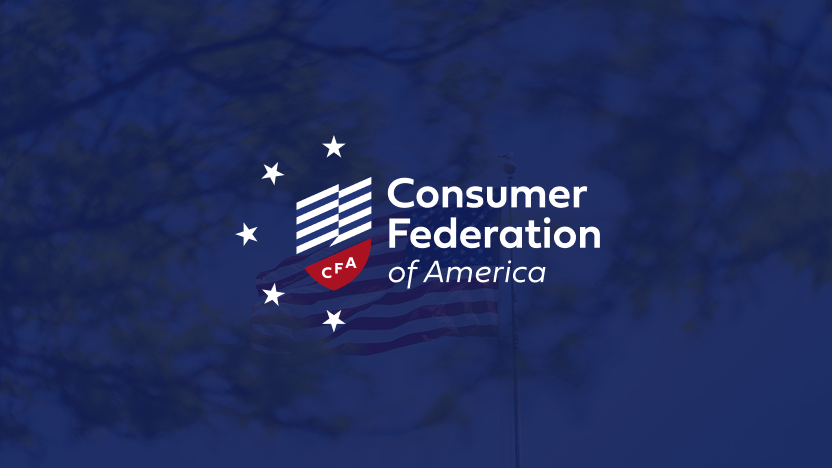This white paper analyzes how the Delaware Supreme Court’s decision in Salzberg v. Sciabacucchi (commonly referred to as “Blue Apron”) could open the door to broad new restrictions on shareholder lawsuits. The paper details the logic the court used in its ruling that exclusive federal forum provisions for claims under the Securities Act of 1933 are facially permissible under Delaware law, then examines how that same logic could be used to justify much more extensive incursions into shareholders’ rights.
While the paper does not predict how courts will decide these issues, it looks specifically at eight scenarios in which there is a plausible risk that the decision could be used to limit shareholder’s rights, with potentially harmful impacts on both investor protection and market integrity. It asks:
- Will Corporations Be Able to Bind Shareholders without their Express Consent?
- Will Corporate Boards Be Able to Regulate a Broader Range of Investor Claims?
- Could the Decision Effectively Eliminate Shareholders’ Ability to Bring Securities Law Claims Derivatively?
- Could corporations opt shareholders out of aspects of the federal securities laws, such as shareholder proposals?
- Could corporations force investors to litigate federal securities law claims in private arbitration on an individual basis?
- Could the decision enable corporations to include fee-shifting provisions for federal securities law claims?
- Could the decision create a path for corporations to force internal corporate claims into arbitration?
- Does the decision intrude on other states’ ability to protect their citizens and raise other federalism concerns?

